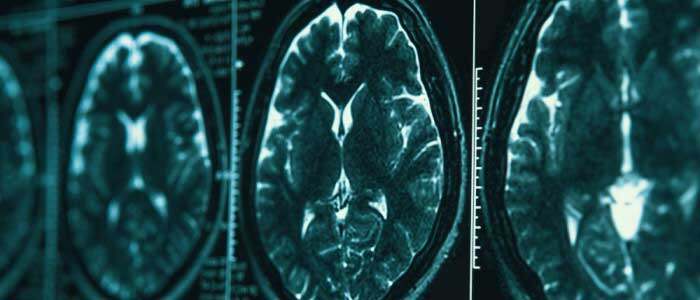Almost half of people who suffer a sports-related traumatic brain injury are still experiencing physical symptoms after six months, according to new research.


The study, which was led by the University of Stirling in collaboration with the University of Glasgow and published in JAMA Network Open, found that certain sports were more often associated with traumatic brain injury (TBI) – horse riding (22% of all sport-related cases studied), skiing (17%), and football (13%).
The researchers, including Professor Willie Stewart, consultant neuropathologist and Honorary Professor at the University of Glasgow, analysed data for 4,360 patients from 18 European countries who attended hospital with TBI and had a brain scan.
The study compared 256 people with sports-related concussions (5.9% of the cohort studied) to 4,104 people who sustained a concussion another way. Patients were assessed when attending hospital immediately after their injury, then followed up at three months and six months. The team used standard scales that show when someone has incomplete recovery, persistent disability, and persistent post-concussion symptoms.
After six months there was incomplete recovery in 46% of all patients with sport-related brain injury, 39% in those with mild sport-related brain injury, and 31% of individuals with mild sport-related brain injury and a normal brain scan.
There have been many previous studies examining concussion in sport, but little is known about individuals who present at hospital with TBI incurred during sport-related activities.
Professor Willie Stewart, consultant neuropathologist and Honorary Professor at the University of Glasgow, co-author of the study, said: “This work demonstrates that for up to a third of people attending hospital with so called mild traumatic brain injuries from sport, the injury is anything but ‘mild’ with persisting symptoms reported at 6 months.”
PhD researcher Michail Ntikas said: “We found that people with brain injury in sports who attend hospital still have persisting problems six months later.
“Even those with a mild traumatic brain injury and a normal brain scan, sometimes also called concussion, still have problems affecting daily life six months later, showing that recovery is poorer than expected.”
Professor Lindsay Wilson of the University of Stirling’s Division of Psychology, senior author of the study, said: “It is usually thought that people with sport-related TBI will have good outcomes, particularly if they have an injury that is classified as mild, but these patients have never been compared to those with non-sport-related TBI on a range of different outcomes.”
The study, ‘Contrasting Characteristics and Outcomes of Sports-Related and Non–Sports-Related Traumatic Brain Injury’, was published in JAMA Network Open. The data was collected as part of a large European Commission-funded study called CENTER-TBI and analysis was assisted by the University of Cambridge and the University Hospital of Antwerp in Belgium.







































